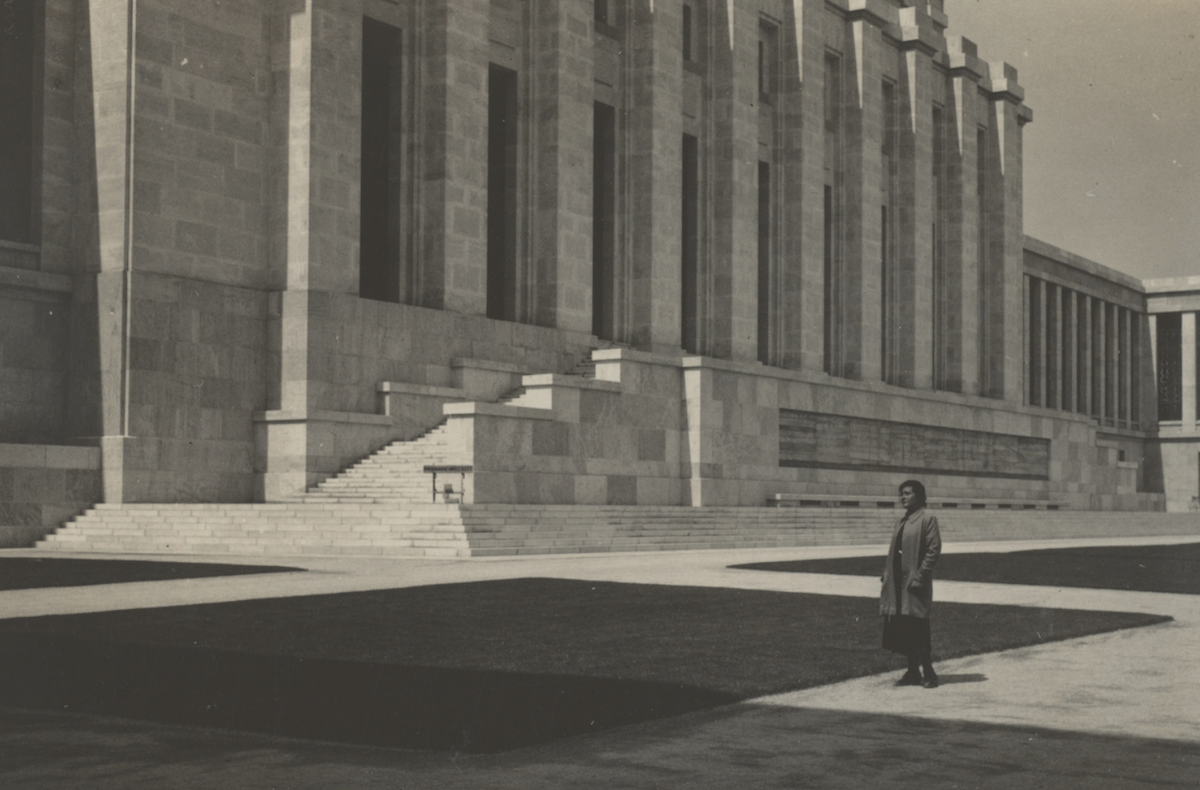The League of Nations: A League of its Own
The League of Nations has been much derided, but it laid the foundations for an international court and established bodies that the United Nations maintains today.

The conventional view of the League of Nations, which was set up by the peacemakers at the end of the First World War, is that it was a complete failure having been unable to prevent the outbreak of a second major European conflict in 1939. Some dismiss it as a total irrelevance and those who study it as ‘eccentric historians’.
It is high time that these verdicts are challenged and that the League is seen for what it was, a bold step towards international cooperation which failed in some of its aims but succeeded comprehensively in others. I am one of those ‘eccentric historians’ who has studied the League for over 30 years and who argue that its creation marked an important step on the road to our contemporary global system of international organisation, coordinated through the United Nations, which was built on the foundations of the League’s experience.





